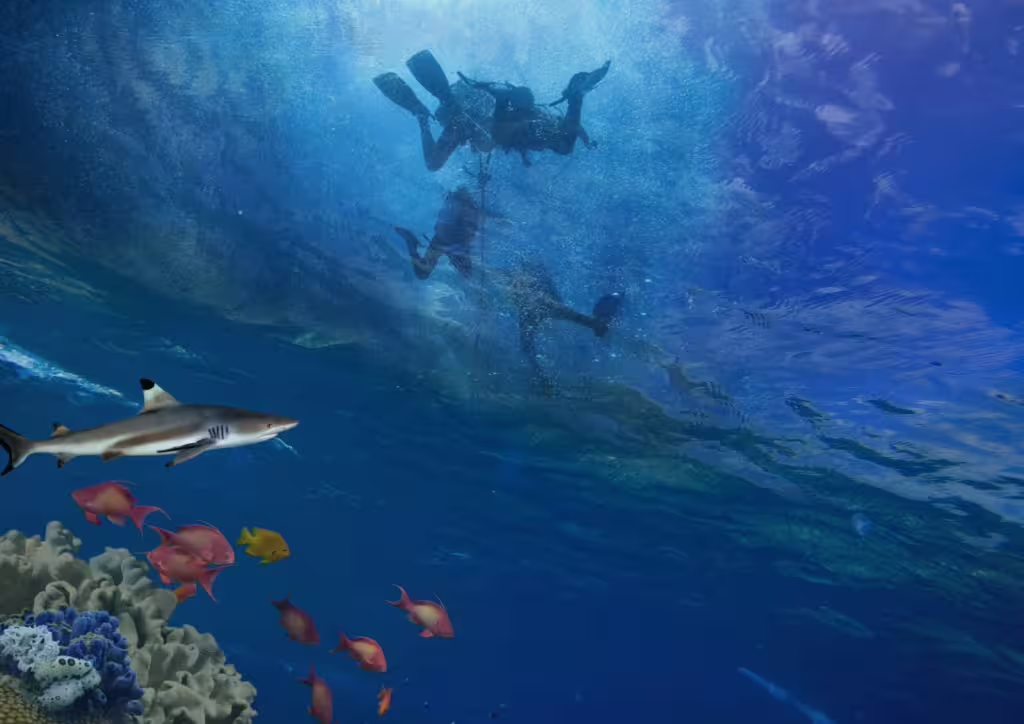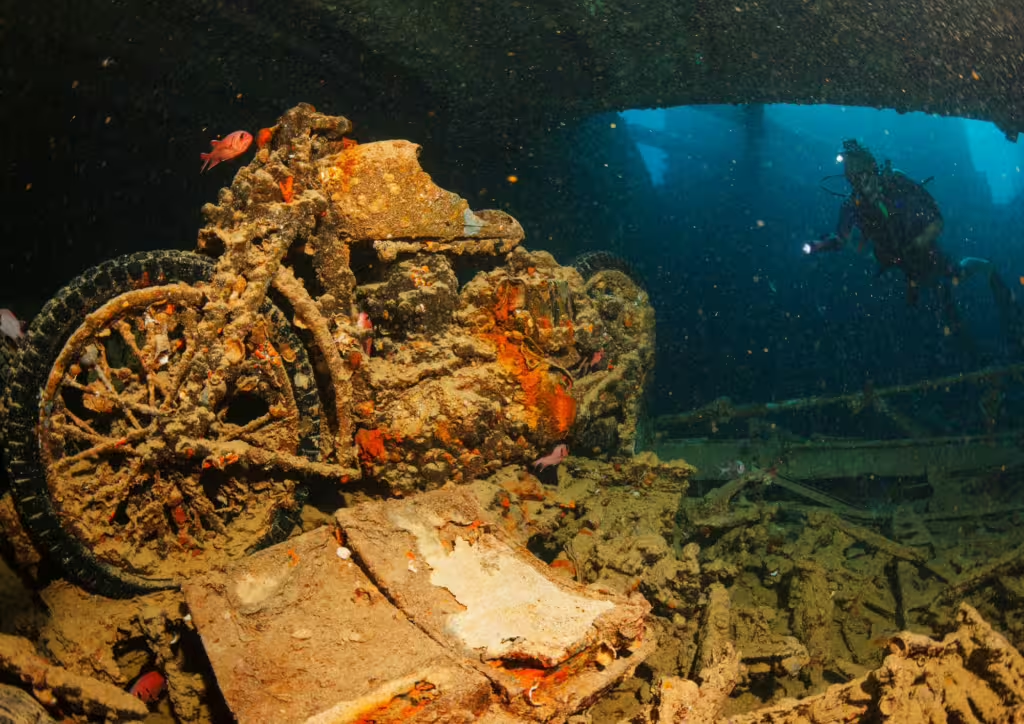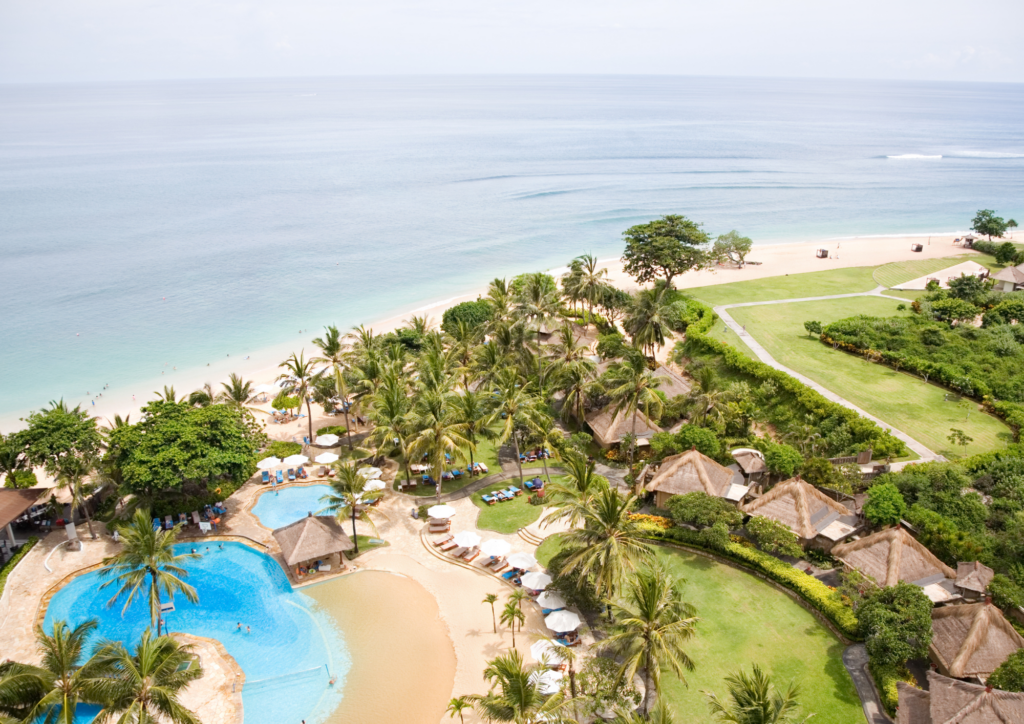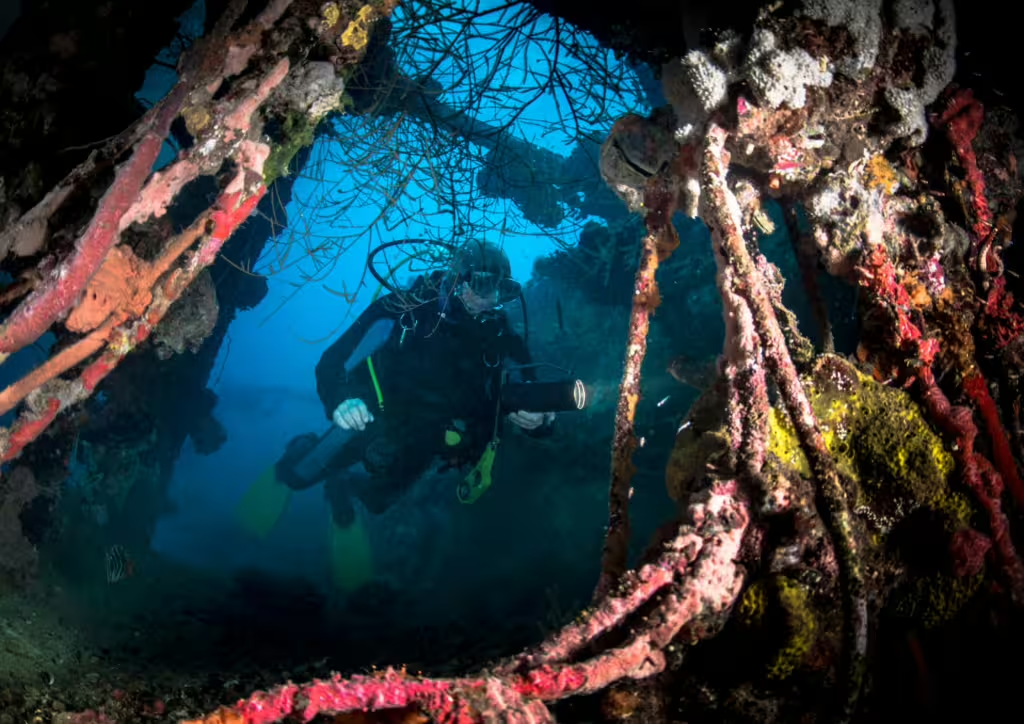Dive into the crystal-clear waters of Bali and explore the vibrant marine life that inhabits it. As a scuba diving enthusiast, you’re probably eager to know the best time for diving in Bali, taking into account the island’s unique weather patterns and currents. In this ultimate guide, we’ll delve into the world of Bali diving courses, resorts, certification programs, and course options, ensuring you’re prepared for an unforgettable underwater adventure. Whether you’re a beginner or an experienced diver, our expert insights will help you navigate the best time to go diving in Bali, making your experience nothing short of paradise.
Understanding Bali’s Weather Patterns and Their Impact on Diving
Understanding Bali’s weather patterns is crucial when it comes to planning the best time for diving in this Indonesian island. The tropical climate of Bali is characterized by two main seasons: dry season (May to September) and wet season (October to April). During the dry season, the water temperature remains warm, ranging from 28°C to 30°C, making it ideal for diving. However, this period also brings strong currents and winds, which can make diving conditions challenging. On the other hand, the wet season brings more calm waters and lower visibility, but the warmer temperatures and larger marine life make up for it.
Exploring the Ideal Diving Seasons in Bali: A Deep Dive into the Months

If you’re planning to take a Scuba Diving Certification course or an Open Water Diving Course in Bali, the dry season is the best time to do so. The calm waters and excellent visibility make it easier to learn and practice diving skills. Additionally, many dive resorts in Bali offer special packages and discounts during this time, making it even more affordable for beginners. On the other hand, if you’re looking for a unique experience and don’t mind challenging conditions, the wet season can be a great time to visit Bali.
Just remember to choose a reputable dive operator that caters to your level of experience and provides safe and guided dives. With proper planning and preparation, you can have an unforgettable diving experience in Bali, regardless of the time of year.
Navigating the Strong Currents: Safety Measures for Scuba Divers in Bali
Navigating the strong currents that sweep through Bali’s waters can be a daunting experience for scuba divers, especially those who are new to the island’s diving scene. The current is caused by the prevailing winds and tides that flow through the Indonesian archipelago, creating powerful underwater currents that can challenge even the most experienced divers. To stay safe while diving in Bali, it’s essential to understand the patterns of these currents and take necessary precautions.
During the dry season (May to September), the strong current is typically at its peak, making it more challenging for divers to navigate through the waters. The best time to dive during this period is early morning or late afternoon when the current has slowed down slightly. It’s also crucial to dive with a reputable and experienced guide who knows the currents and can lead you safely through the waters. By being aware of these strong currents and taking necessary safety measures, scuba divers can enjoy a safe and thrilling diving experience in Bali.
Discovering the Best Dive Sites in Bali: A Guide to Hidden Gems and Popular Spots

Bali is renowned for its vibrant marine life and diverse underwater landscapes, making it a haven for divers of all levels. Among the popular dive spots, Tulamben stands out with its famous USAT Liberty shipwreck, teeming with coral and fish, offering a unique blend of history and underwater beauty.
Nusa Penida, known for its strong currents, provides the chance to see majestic manta rays and the elusive mola-mola (sunfish). The crystal-clear waters around Menjangan Island in the West Bali National Park are perfect for spotting a variety of marine species, from colorful reef fish to larger pelagics. Beyond these popular sites, Bali also hides several lesser-known dive spots that promise a more secluded and intimate experience, such as Padang Bai’s Blue Lagoon and Amed’s vibrant coral reefs.
Our guide will cover both popular and hidden gems waiting to be explored by divers of all levels, showing you how to plan your itinerary to make the most of your time in Bali. From the serene waters of Seraya Secret, rich with rare critters like ghost pipefish and seahorses, to the colorful reefs of Amed, we’ll help you discover Bali’s underwater wonders. Whether you’re a beginner or an experienced diver, we’ll ensure you have a safe and enjoyable diving experience, equipped with all the tips and information you need to explore the best dive sites Bali has to offer.
Bali Diving Courses: Getting Certified and Taking Your Diving Skills to the Next Level
Our Bali Dive Resort offers a range of diving courses and certifications, from Open Water Diving Courses to Advanced Diving Course, all designed to help you develop your skills and confidence in the water. With our expert instructors and state-of-the-art facilities, you’ll be well on your way to becoming a certified diver in no time.
And with our close proximity to some of Bali’s best dive sites, you’ll have plenty of opportunities to put your new skills into practice and explore the island’s incredible marine life. Don’t miss out on this chance to take your diving skills to the next level – contact us today to learn more about our Bali Diving Courses and start planning your next dive adventure!
Responsible Diving Practices at Bali Dive Resort: Protecting the Marine Environment

As a responsible diver and visitor to Bali, it’s essential to understand the importance of protecting the marine environment. At Bali Dive Resort, we take pride in promoting eco-friendly diving practices that not only preserve the beauty of our underwater world but also ensure the well-being of our planet. Our dive resort is committed to reducing waste, conserving energy, and respecting the local marine ecosystem.
We educate divers on sustainable practices, such as avoiding contact with coral reefs, maintaining proper buoyancy, and respecting marine life by observing from a distance without disturbing their natural behavior. Additionally, we actively participate in underwater clean-ups and promote the use of reusable materials to minimize plastic waste. By working together, we can make a positive impact on the environment and preserve these incredible diving experiences for generations to come.
What to Expect from an Open Water Diving Course and Advanced Diving Certification in Bali
As you prepare for your diving adventure in Bali, it’s essential to understand what to expect from an open water diving course and advanced diving certification. In this section of our ultimate guide, we’ll dive into the details of these courses and certifications, and explore how they can enhance your diving experience in Bali. An open water diving course is a fundamental training program that covers the basics of scuba diving, including safety procedures, equipment usage, and underwater navigation. This course is typically conducted over several days, with a combination of theoretical sessions and practical dives to ensure you’re comfortable and confident in the water.
Upon completion, you’ll receive an open water diving certification, which is recognized globally and allows you to dive safely and independently in various conditions. In contrast, advanced diving certification takes your skills to the next level, focusing on specialized techniques and safety procedures for deeper dives, night dives, or wreck dives. This course builds upon your existing knowledge and experience, and is designed to challenge you with new situations and environments. By completing an advanced diving certification in Bali, you’ll not only enhance your diving skills but also gain a deeper appreciation for the island’s stunning underwater world.
Tips for Scuba Divers in Bali: Staying Safe, Healthy, and Happy Underwater

Bali is a popular destination for scuba diving enthusiasts, with its crystal-clear waters, vibrant coral reefs, and diverse marine life. However, to ensure a safe and enjoyable experience, it’s essential to understand the weather patterns and currents in Bali. The best time to go diving in Bali depends on various factors such as the location, depth, and type of dive.
Generally, the dry season from May to September is considered the best time for diving in Bali, with calm seas and good visibility. On the other hand, the wet season from October to April can bring strong currents and reduced visibility, making it less suitable for diving. As a responsible scuba diver, it’s crucial to stay informed about the local weather conditions and currents before embarking on your dive.
Dive into the Perfect Paradise: Final Thoughts on Choosing the Best Time to Go Diving in Bali
Diving in Bali is a truly unforgettable experience, and by understanding the weather patterns and currents, you can make the most of your time underwater. Whether you’re a seasoned diver or just starting out with your Open Water Diving Course, our guide has provided you with valuable insights into the best times to dive in Bali.
From the calm and clear waters of Nusa Lembongan to the vibrant coral reefs of Tulamben, there’s no shortage of incredible diving spots to explore. By choosing the right time to go diving, you can ensure a safe and enjoyable experience that will leave you with lifelong memories. So why wait? Book your Bali Dive Resort stay, get certified with a Scuba Diving Certification course, and dive into paradise today!

Wow, I’m so excited to dive into this ultimate guide on diving in Bali! The information about the weather patterns and currents is super helpful.
Dear Siti Nuraini, thank you so much for your enthusiasm! We’re thrilled to have you join us on this ultimate guide on diving in Bali. At Pebble and Fins, we’re committed to providing the best experience for our guests, from understanding the weather patterns and currents to getting certified with a Scuba Diving course. Our resort offers a range of courses and certifications designed to help you develop your skills and confidence in the water. If you have any questions or would like to learn more about our programs, please don’t hesitate to contact us at [email protected] or +62 857 3891 8262. We look forward to hearing from you and sharing your diving adventure with you!
I’ve been wanting to try scuba diving in Bali for ages! Thanks for sharing this guide, it’s really informative and helpful.
Hi Evelyn! We’re thrilled to hear that you’re interested in trying scuba diving in Bali! Our ultimate guide is designed to provide you with the best tips and insights for a safe and enjoyable experience. If you have any questions or concerns about our courses, certification programs, or dive packages, feel free to reach out to us at [email protected] or +62 857 3891 8262. We’d be more than happy to help you plan your diving adventure in Bali! Looking forward to hearing from you soon.
I’ve had some amazing diving experiences in Bali before, but I’m always looking for new tips and tricks! This guide is super helpful, thanks for sharing.
Hi Amanda, thank you for your kind words! We’re thrilled to hear that our guide has been helpful in planning your next diving adventure in Bali. If you have any more questions or need further recommendations on the best dive sites, courses, and certifications, please don’t hesitate to reach out. Our team at Pebble & Fins is always here to help. Looking forward to hearing about your next dive experience!